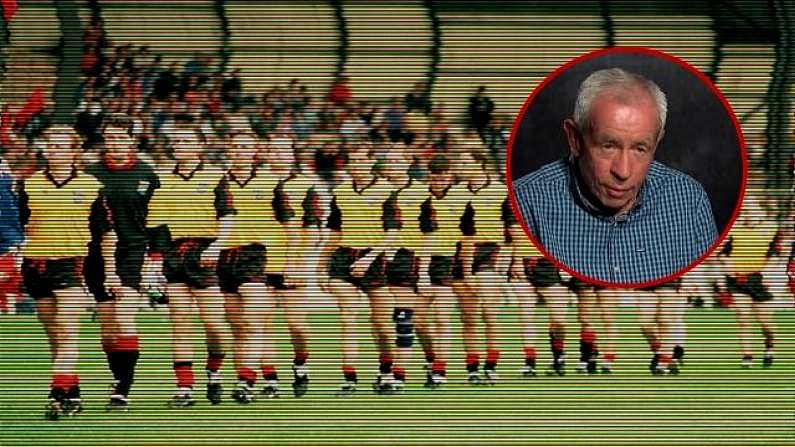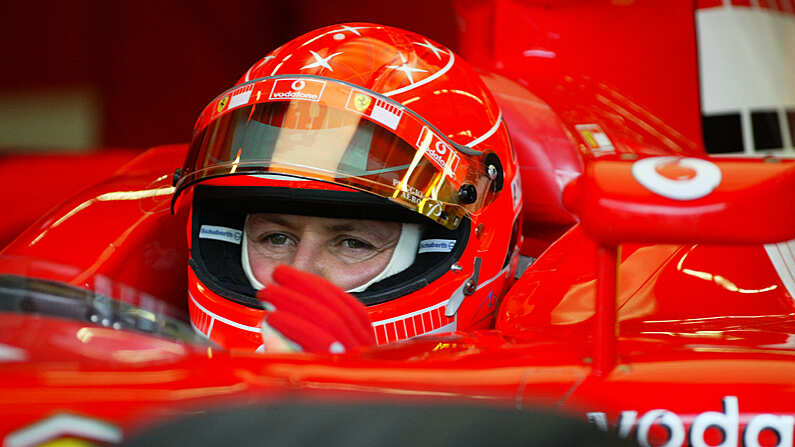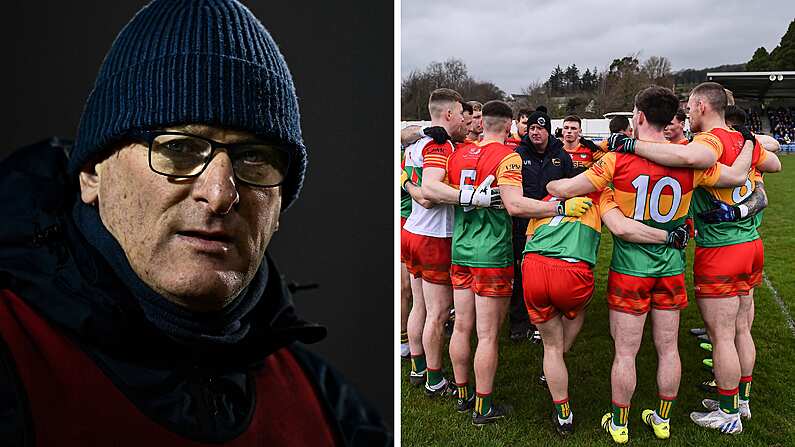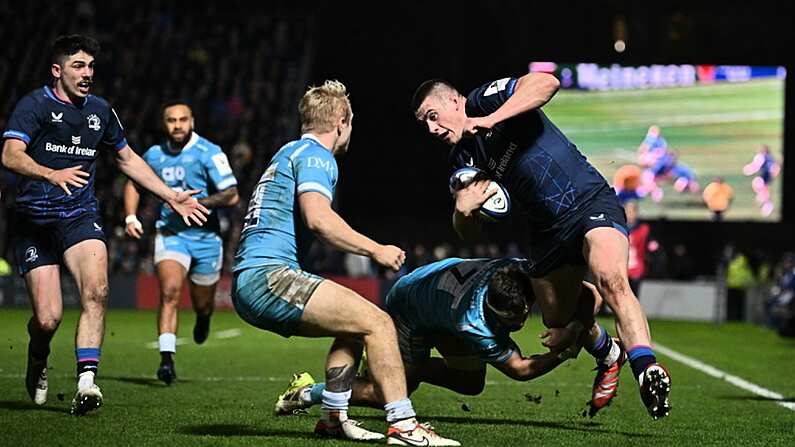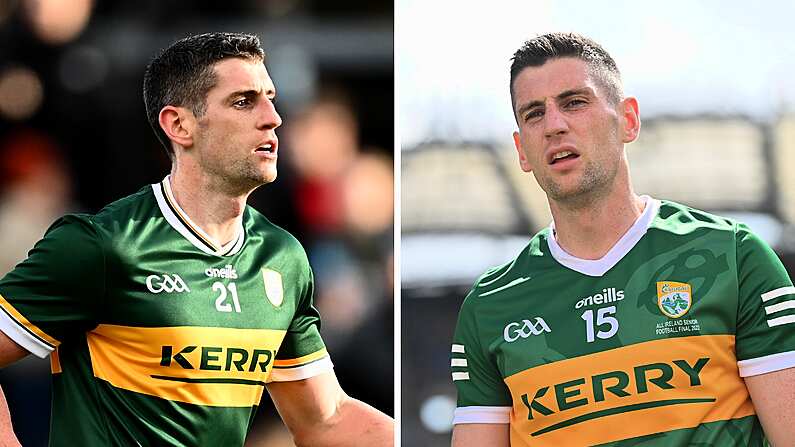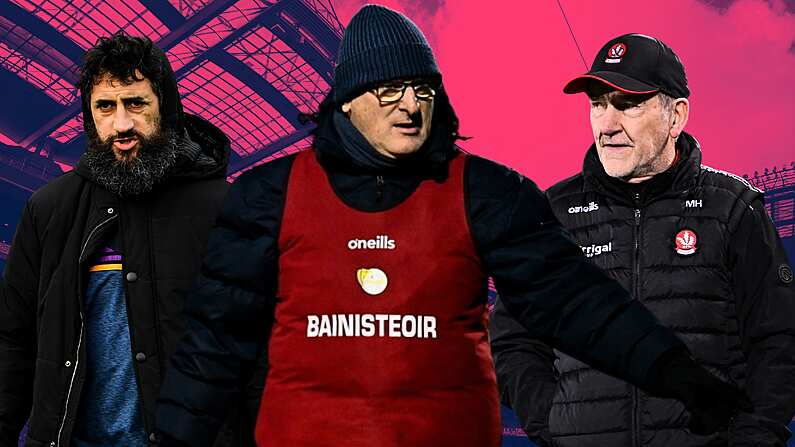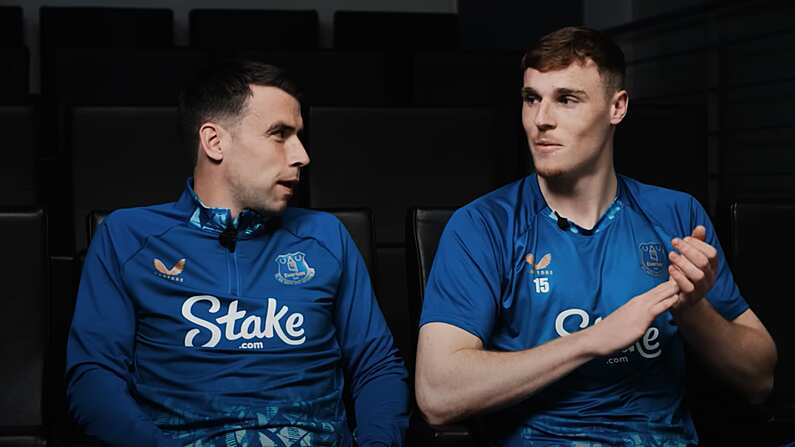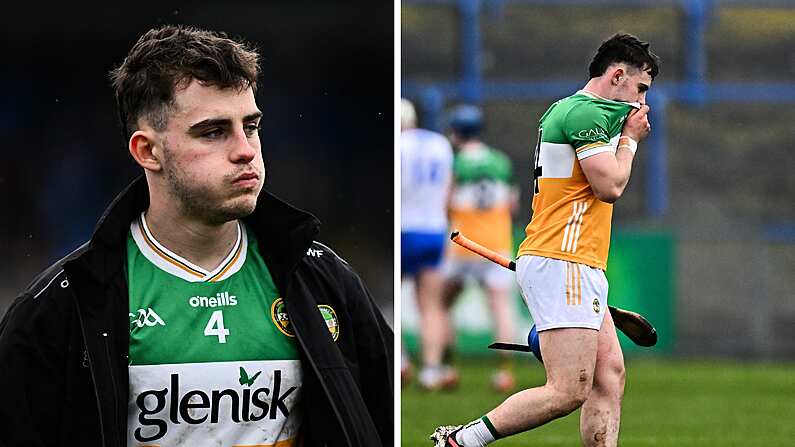Pete McGrath would like to think that Down's 1994 All-Ireland victory contributed in a small way to the subsequent ceasefire in the North.
McGrath's side played that year's Ulster semi-final against Monaghan a day after the Loughinisland Massacre, an event which saw six people killed by the UVF in the Down village while they were watching Ireland play Italy in the World Cup.
"It was decided the match should go ahead because if it didn't go ahead, then, in a certain way, the association and everyone connected with the game would, in certain ways, be bending the knee to terrorism," McGrath says in the latest episode of TG4's Laochra Gael series.
"We were totally helpless in many ways but what we can do is go out and represent them in a positive way.
"There was a surreal atmosphere pervading. The match was going on, the crowd was mute, the players were almost going through the motions of playing a match. Even after the match, you didn't know if you should be happy, sad, celebrating being in an Ulster final because of what had happened the night before."

Down legend Ross Carr adds: "We only realised what Down's journey over the summer meant to a lot of people in Loughinisland. For an hour and a bit, they weren't thinking about it. It's not that it was ever away, they just weren't thinking about it all the time."
McGrath's side went on to beat Dublin in the All-Ireland final, winning their second title of the 90s.
"Maybe, I don't know, our success in '94, and the buzz that created, and the sense of anticipation, unity and confidence it gave people, those things may have lifted people in key positions," says McGrath.
"Maybe those things resonated in a positive way to make even a marginal difference in getting something over the line that was infinitely more important than football."
In the episode, which airs at 9:30pm on April 1st, he also recalls how The Troubles affected him during his playing days.
"There would have been interference occasionally going to matches - army checkpoints," he says.
"In some cases, they were maybe over zealous in what they were wanting to do, getting people out of the care. I can remember more than once our manager saying, 'We need you there for half six, so make an allowance for the possibility of checkpoints and roadblocks'. You factored that in. It was just there and you dealt with it."
Picture credit: Sportsfile

